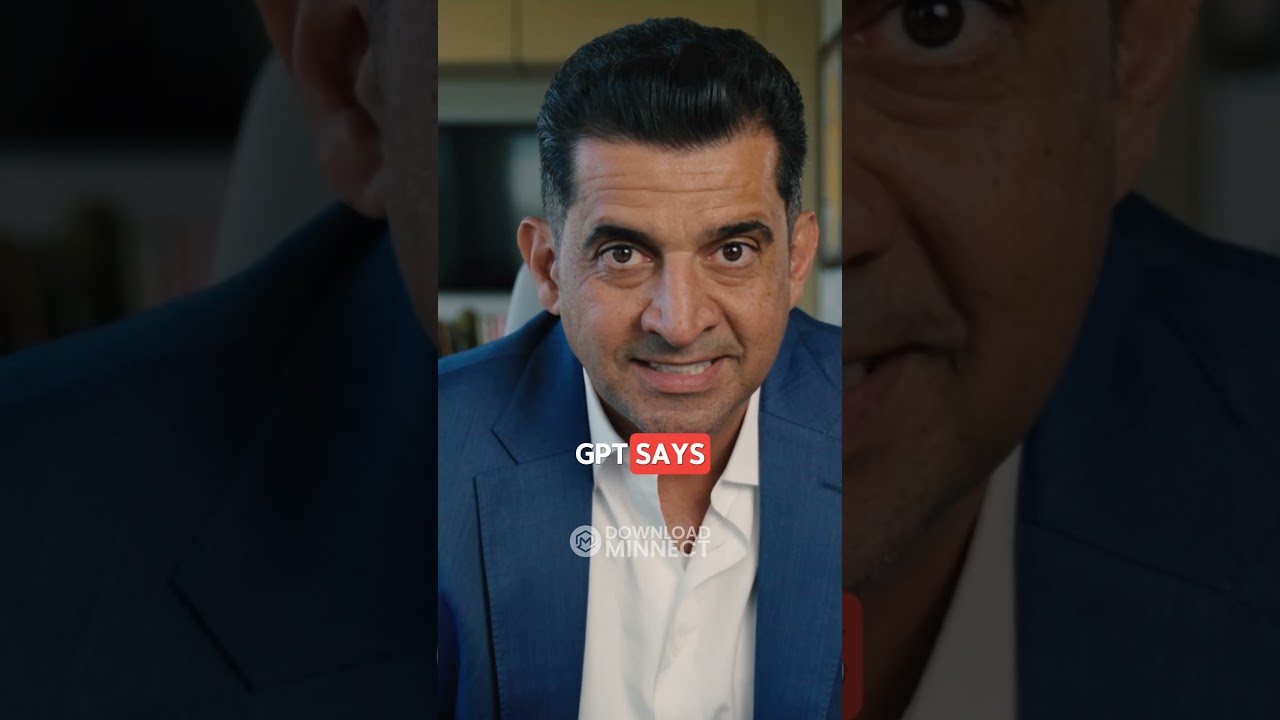The speaker emphasizes the importance of fostering independent thinking and critical reasoning by encouraging individuals to share their own ideas before consulting AI tools like ChatGPT. While AI can be useful for gathering information, it should serve as an aid rather than a replacement for human judgment and creativity to maintain intellectual independence.
The speaker shares a personal experience of having discussions with his four children around the table, covering topics like politics, business, finance, and ideas. During these conversations, he emphasizes the importance of not immediately turning to AI tools like ChatGPT for answers. Instead, he insists that everyone first shares their own thoughts and feelings on the subject. This practice encourages independent thinking and helps develop critical reasoning skills rather than relying on AI-generated responses.
He highlights how easy it is to fall into the habit of outsourcing our thinking to AI, especially in group settings. When faced with a question or problem, the natural tendency is to ask ChatGPT or Google for quick answers. However, this approach can diminish our ability to engage deeply with the topic and stifle meaningful dialogue. The speaker stresses that the value lies in hearing diverse perspectives and reasoning from individuals rather than defaulting to AI as the primary source of truth.
The speaker also points out that in their podcast discussions, they have shifted from simply Googling information to consulting ChatGPT for general knowledge. Yet, even in these cases, they avoid using AI for strategic thinking or complex decision-making. This distinction underscores the idea that while AI can be a useful tool for gathering information, it should not replace human judgment or creativity in problem-solving scenarios.
By encouraging his children and colleagues to think independently before consulting AI, the speaker fosters a culture of curiosity and intellectual engagement. This practice not only strengthens their cognitive abilities but also builds confidence in their own ideas and opinions. It serves as a reminder that technology should augment human thought, not supplant it.
Ultimately, the message is a call to be mindful about how we use AI in our daily lives. While AI can provide valuable information quickly, relying on it too heavily risks eroding our critical thinking skills and personal insights. The speaker advocates for a balanced approach where AI is a helpful assistant, but the primary responsibility for thinking and decision-making remains with us. This mindset is essential for maintaining intellectual independence in an increasingly AI-driven world.
